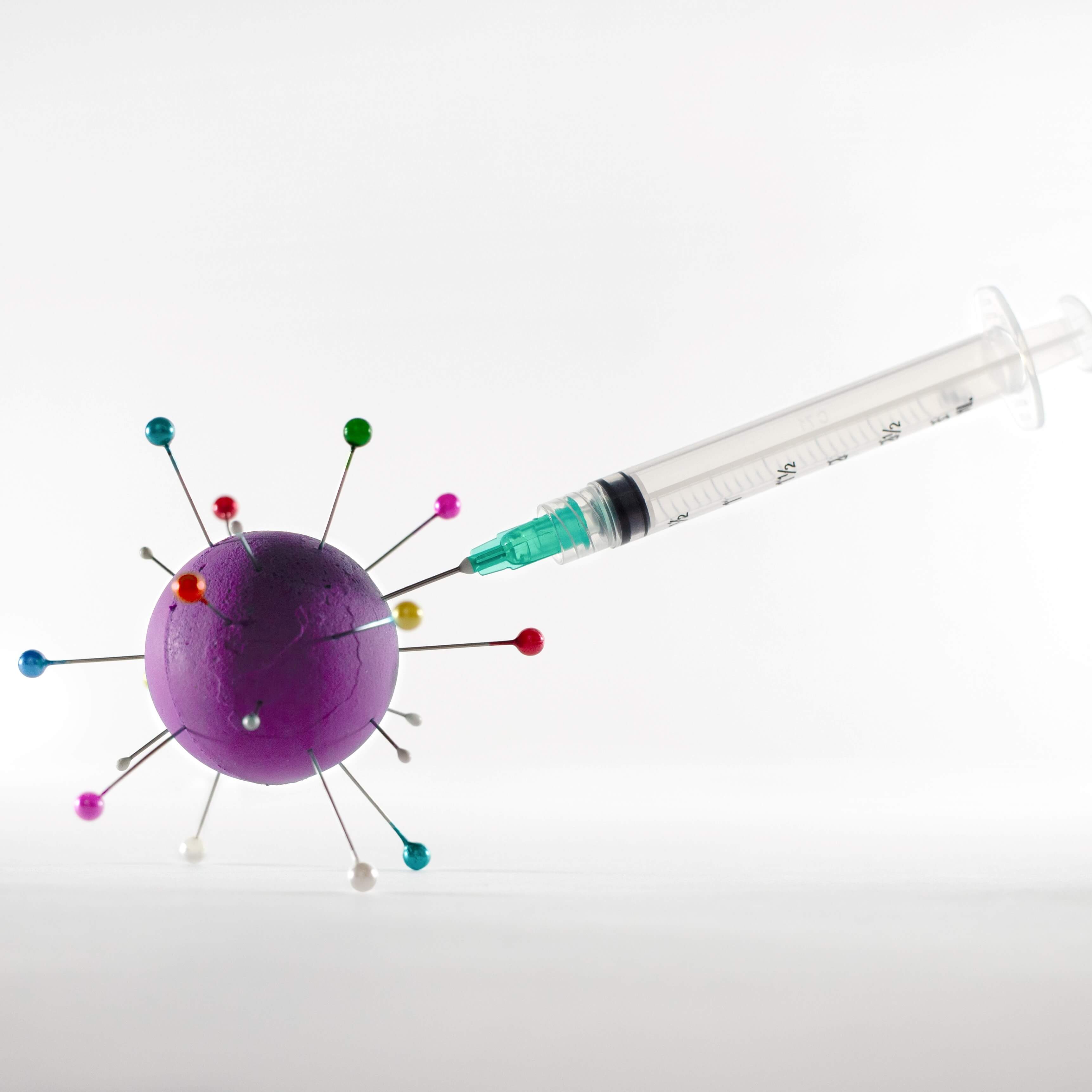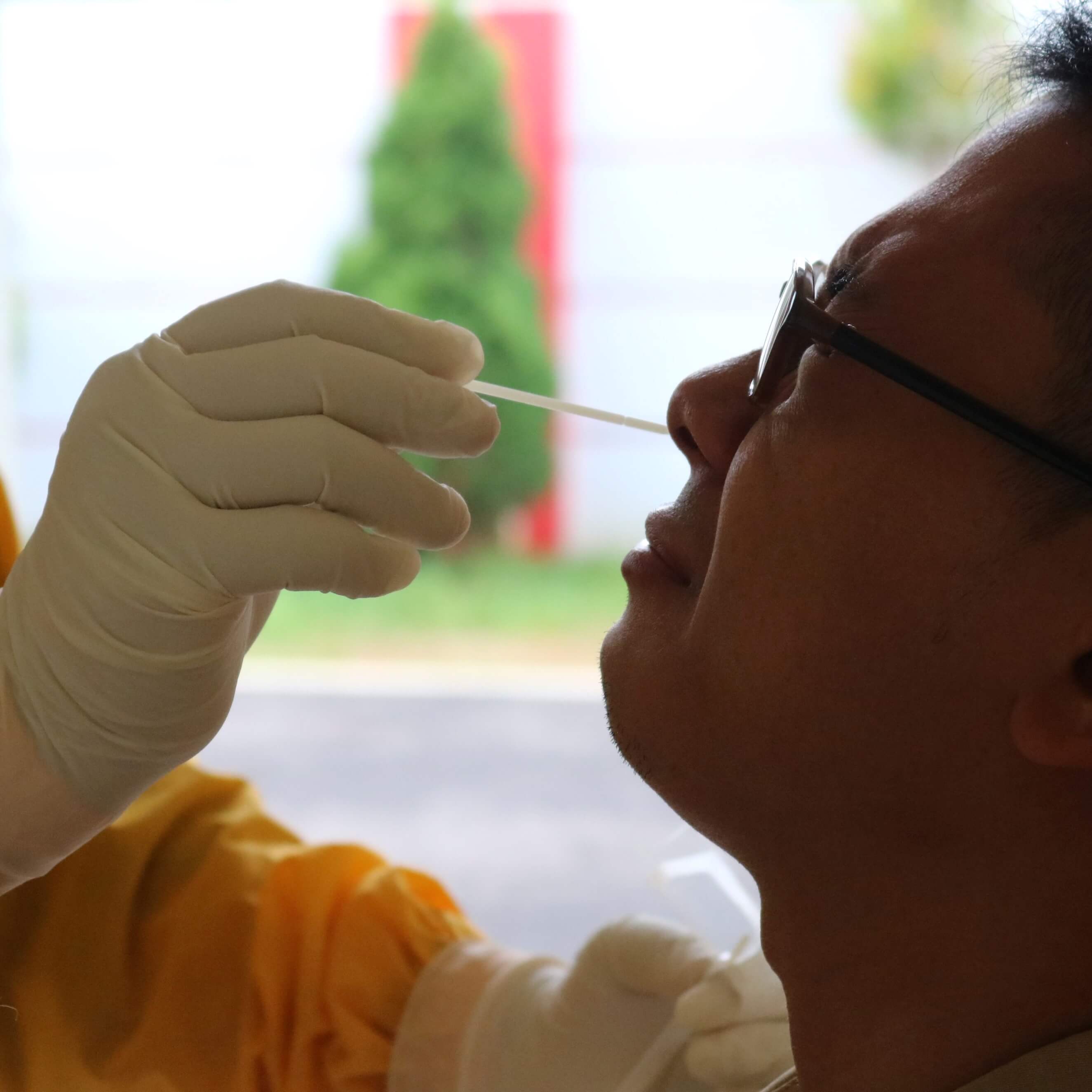
Diarrhoea and Covid-19: How Long Does It Last?
Clinical manifestations of a COVID-19 infection include shortness of breath, dry cough, chest pains, body aches, loss of appetite, and the more definitive loss of smell and loss of taste. There have been reports, however, of COVID-19 patients having an upset stomach during their illness. So, this begs the question, is diarrhoea a symptom of COVID-19?
Let us find out the answer in this short read, in which we will discuss the connection between watery diarrhoea and COVID-19. Also, we will include some advice on what to do if you are experiencing both at the same time.
How Common Is Diarrhoea During Covid-19 and How Long Does It Last?
In a 2021 study, it was found that 50% of patients do experience gastrointestinal (GI) symptoms or unexplained diarrhoea during COVID, making it a common symptom, albeit a lesser-known one.
Since there are cases of asymptomatic COVID-19 infections, can diarrhoea be the only symptom of COVID? Studies have gathered that there are patients that only exhibit diarrhoea and none of the respiratory symptoms commonly connected to a SARS-CoV-2 infection.
Diarrhoea starts at the onset of infection, worsening as the infection intensifies. The coronavirus spreads and invades the gastrointestinal epithelial cells in the digestive tract, very similar to a stomach bug, which leads to the disruption of a person’s natural bowel movement. A study also posits that the side effects of drug treatment and psychological stress contribute to the inflammation of the GI tract.
COVID diarrhoea begins on day 1 of infection and typically lasts for 2 to 3 days, together with mild illness in children. In adults, the gastrointestinal tract upset can last from 4 up to 7 days.
For long COVID patients or those suffering from post-COVID syndrome, this can carry on indefinitely and come and go in intermittent bouts.
Diarrhoea and Transmission of Coronavirus

The SARS-CoV-2 RNA has been found in the faeces of infected individuals and untreated sewage. The presence of the coronavirus there means that it may be transmitted via an infected person's excrement. Contamination of the hand or surfaces can be the source of the spread of disease.
What to Do if I Have Diarrhoea and Think It Сan Be Covid-19?
If you are suffering from diarrhoea and you suspect a COVID-19 infection, you may be guided by the following course of action.
Perform a lateral flow test at home. Buy a FlowFlex COVID-19 test or a Healgen rapid test online and have it delivered to your home. This lowers the risk of you infecting others before you have ascertained your COVID-19 status. Do the self-test and get results in 15 minutes.
If your result is negative, a regular GI inflammation may be alleviated with the usual care of increasing water intake and avoiding caffeinated drinks, alcohol, and spicy and fatty foods.
If your result is positive, do the following:
- Watch out for dehydration. Drink plenty of fluids.
- If you experience any of the following symptoms, seek medical care
○ Dehydration (sunken eyes, dry mouth, always feeling thirsty, lightheadedness, rapid heartbeat, headache)
○ Frequent vomiting
○ Fever of 38.89°C or higher
○ Severe abdominal or rectal pain
○ Blood or pus in the stool
In Summary
Diarrhoea is a lesser-known symptom of COVID-19, and the likelihood of experiencing it increases with age. Though it causes additional discomfort during a COVID-19 infection, it is considered a mild symptom and is not a cause for concern. As long as you avoid dehydration, you will be well on your way to recovery in a few days.



